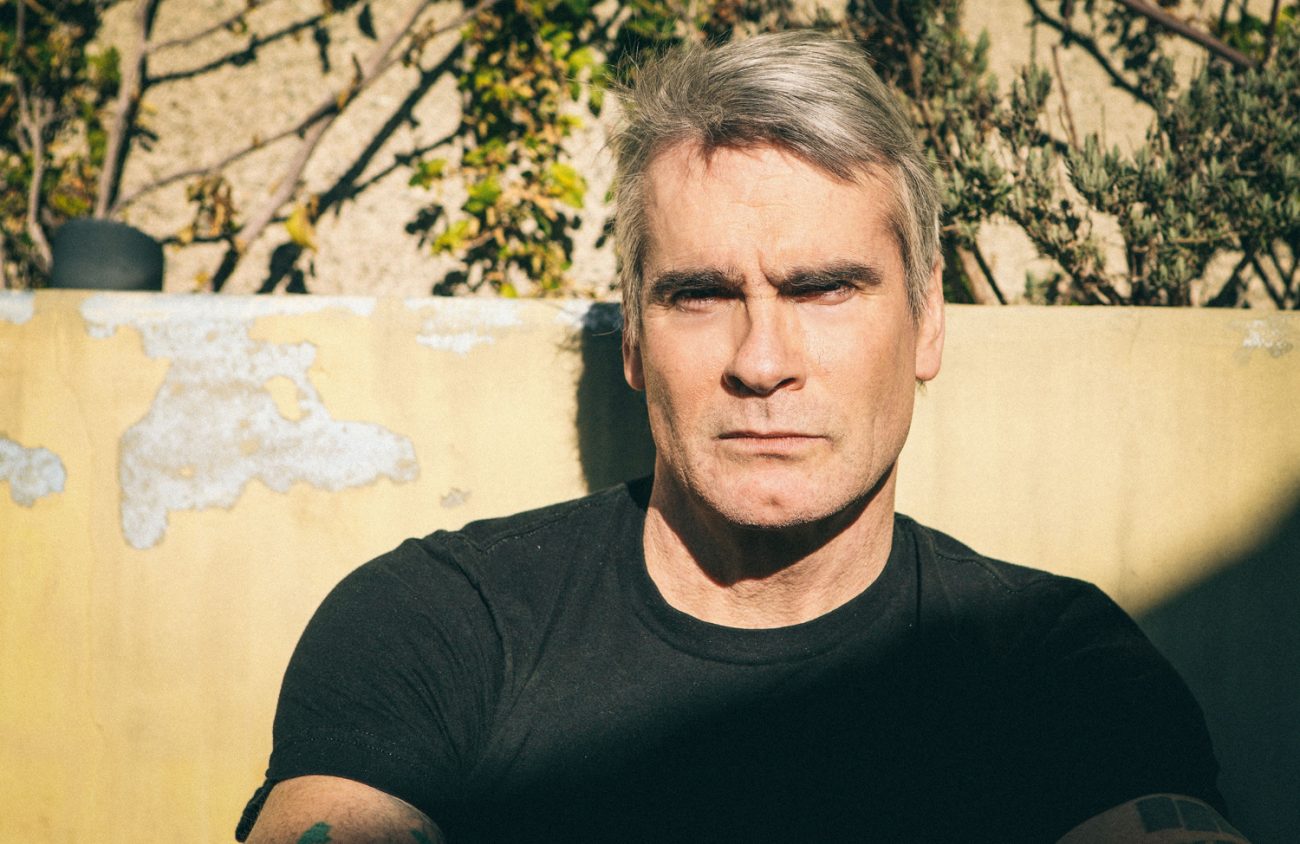Getting into the marijuana business shouldn’t be just about making a quick buck, according to legendary punk rocker and entertainer Henry Rollins. He says getting into the legal weed economy should be instead about bucking a system of racial injustice.
The Black Flag and Rollins Band frontman is coming to Eugene as the keynote speaker for the fourth annual Oregon Marijuana Business Conference (OMBC) on April 28.
While Rollins says he is passionate about cannabis and its potential to do good in the world, the kicker is that he doesn’t actually consume cannabis — though he tells EW he did try it once in Trenton, New Jersey, in 1987 after a Rollins Band practice session. “After band practice, and out of boredom, I asked my bandmates who were smoking a joint if I could try the joint, and I got extremely high, and I didn’t enjoy it.”
Rollins says his lack of cannabis consumption works in his favor. “The irony is fun,” he says, adding that this makes him the “perfect person” to talk to others about cannabis.
But Rollins hasn’t ruled out future cannabis consumption if it becomes medically necessary. “Say I get to a certain age and I can get pain relief from using cannabis, then I want to use it right away. I don’t want to have to sneak around — I want to get it from the store.”
Rollins says that on his agenda for the OMBC is stressing to the entrepreneurs in attendance that their reason for getting into the cannabis business “has to be more than about you making a buck.”
Attendees “are probably gonna make money — that’s gonna happen,” Rollins says. And he isn’t against people making money in the marijuana business, but his talk at the OMBC will be about the need to go beyond making money, focusing instead on “doing a great service” for the community.
“It’s not my shop, it’s not my rules,” Rollins says when asked what “doing great service” looks like.
But he does offer up a concrete example to consider: “I want these vendors to be reaching out in the community to help with getting people away from Big Pharma.”
Rollins reasons that it wouldn’t set a dispensary owner back much to gift a sample to an aging person with arthritis who wants to ditch opiates and give weed a chance.
And before OMBC attendees dive headfirst into the relatively uncharted waters of the quasi-legal cannabis industry, Rollins would like them to realize that “the history of cannabis and hemp in this country is all about racism and bigotry.”
“It’s still a Schedule One drug,” he says. “It’s right up there with heroin and angel dust, and it’s designed to get the brown guy in jail, the poor person in jail, so that companies can charge the government $15 for an inmate’s sandwich.”
Rollins says that while it’s important for entrepreneurs entering the American marijuana industry to become educated about these unsavory details, exactly how one applies the history of marijuana and the prison industrial complex to their business endeavor is entirely up to the individual.
The OMBC is April 28 at Eugene’s Valley River Inn, with an April 27 VIP reception featuring Rollins available to VIP ticket holders. Conference-only tickets are $199, while VIP tickets cost $299. Ticket prices increase by $100 on April 26. Visit oregonmbc.com to purchase tickets.
